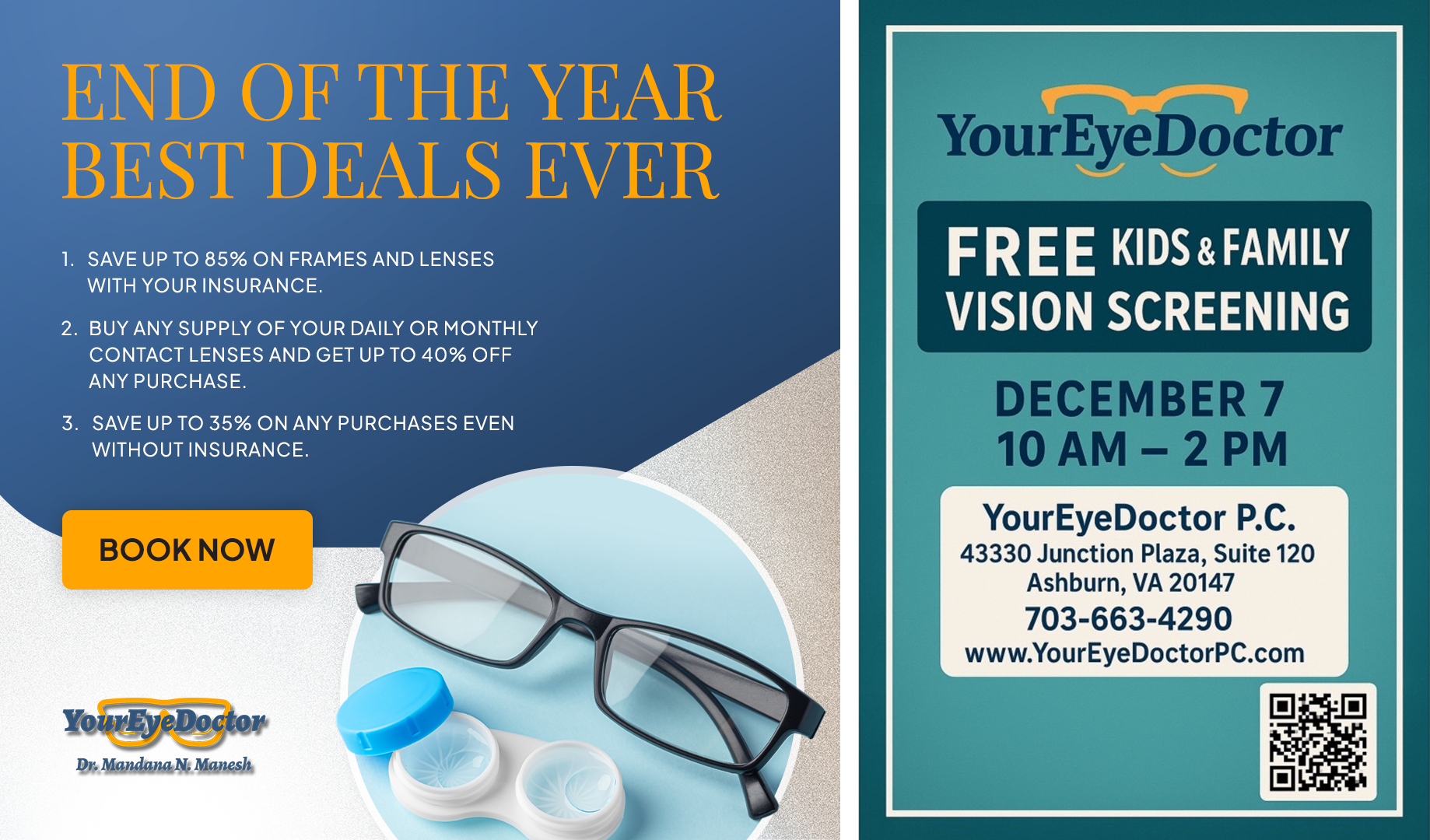
Myopia, commonly known as nearsightedness, is a prevalent vision disorder that affects countless children and adults around the globe. It's characterized by the eye's inability to focus on distant objects, thus making them appear blurry. Although myopia often begins in childhood, its onset may be gradual or rapid, and it tends to worsen during adolescence.
The anatomical basis for myopia relates to the physical structure of the eye. In a myopic individual, the eyeball is elongated, or the cornea—the clear front surface of the eye—is excessively curved. Consequently, light entering the eye does not focus correctly. Instead of focusing on the retina—the back of the eye—it focuses in front of it, resulting in blurry distance vision.
Causes and Symptoms of Myopia
Myopia is primarily caused by a combination of genetic and environmental factors. Children with myopic parents are more prone to developing the condition. However, a sedentary lifestyle, characterized by extended periods of close-up tasks such as reading or using digital devices, can also contribute significantly to its onset.
Some of the primary symptoms of myopia include blurred distance vision, squinting, and headaches due to eyestrain. Children with myopia may also exhibit behaviors such as needing to sit closer to the television or the board at school. It's essential to note that these symptoms might not always be obvious, and regular eye examinations are crucial in early detection and intervention.
The onset of myopia often goes unnoticed, especially in children, because the process is gradual. Children naturally adapt to their worsening vision and may not complain about blurriness.
Why Myopia Control for Children is Important
Controlling myopia in children is not merely about ensuring clear vision—it's a matter of safeguarding their future eye health. High myopia increases the risk of severe eye disorders later in life, such as retinal detachment, glaucoma, and cataracts. Early intervention and effective myopia control for children can significantly reduce these risks.
Controlling myopia can also improve a child's quality of life. Good vision is essential for optimal performance in school and other activities. Children with uncorrected myopia may struggle academically and socially, affecting their self-esteem and overall well-being.
By understanding the importance of myopia control for children, parents can take proactive measures to secure their child's visual health. This empowerment extends from knowing the right prevention strategies to being aware of the current treatments and techniques in myopia control.
Myopia Prevention Tips for Parents
One of the most effective myopia prevention tips for parents is encouraging outdoor activities. Studies have shown that children who spend more time outdoors have a lower risk of developing myopia. Exposure to natural light and looking into the distance may have a protective effect against myopia.
Limiting screen time is another key strategy for myopia prevention. Extended periods of close-up work strain the eyes and can contribute to the onset and progression of myopia. Ensure that your child takes regular breaks from screens and engages in various activities.
Additionally, maintaining a balanced diet rich in vitamins and minerals can support overall eye health. Foods high in vitamin A, like carrots and sweet potatoes, are particularly beneficial for the eyes.
Activities and Habits for Healthy Eyes in Children
Developing healthy habits from a young age can significantly contribute to myopia control for children. Encourage your child to take frequent eye breaks during their screen time or while doing homework. A good rule to follow is the 20-20-20 rule: every 20 minutes, look at something 20 feet away for 20 seconds.
Another beneficial habit is practicing good posture while reading or writing. Ensure your child holds their book or device at a comfortable distance, and there's adequate lighting in the room.
Physical activities that involve looking into the distance, like cycling, basketball, or frisbee, can help exercise the eyes. These activities not only contribute to myopia control but also promote overall physical health.
Myopia Control: Current Treatments and Techniques
There are several treatments and techniques available today that can help manage myopia in children. These include prescription eyeglasses or contact lenses, orthokeratology (Ortho-K), low-dose atropine eye drops, and multifocal lenses.
Ortho-K involves wearing specially designed rigid contact lenses overnight that temporarily reshape the cornea, allowing for clear vision during the day without the need for glasses or contact lenses. Low-dose atropine eye drops have been found to slow down the progression of myopia in children significantly.
It's important to note that the most suitable treatment depends on the child's age, lifestyle, and the degree of myopia. An optometrist will guide you in making an informed decision for optimal eye health.
Regular Eye Check-ups: A Key to Myopia Control
Regular eye check-ups play a crucial role in early detection and myopia control for children. These examinations allow for timely identification and management of myopia, preventing unnecessary progression.
During a comprehensive eye examination, the optometrist will not only check your child's prescription but also assess their overall eye health. Conditions like lazy eye (amblyopia), which often accompany myopia, can also be detected and treated.
Regular check-ups are especially important if there's a family history of myopia or other eye conditions. It’s advisable to have your child's eyes checked at least once a year or more frequently if recommended by your eye care professional.
Empowering Parents for Myopia Control
Myopia is more than just a vision disorder; it's a significant public health concern. However, with the right knowledge and strategies, it can be effectively managed.
Empower yourselves with the right information, engage in prevention strategies such as limiting screen time and encouraging outdoor play, and most importantly, ensure regular eye examinations for your child. Remember, early detection is key, and proactive myopia control can safeguard your child's vision and future eye health.
For more information on myopia control in children and tips for parents, visit Your Eye Doctor P.C. at our office in Ashburn, Virginia. Call (703) 663-4290 to discuss any questions with our team of experts or to schedule an appointment for your child today.






